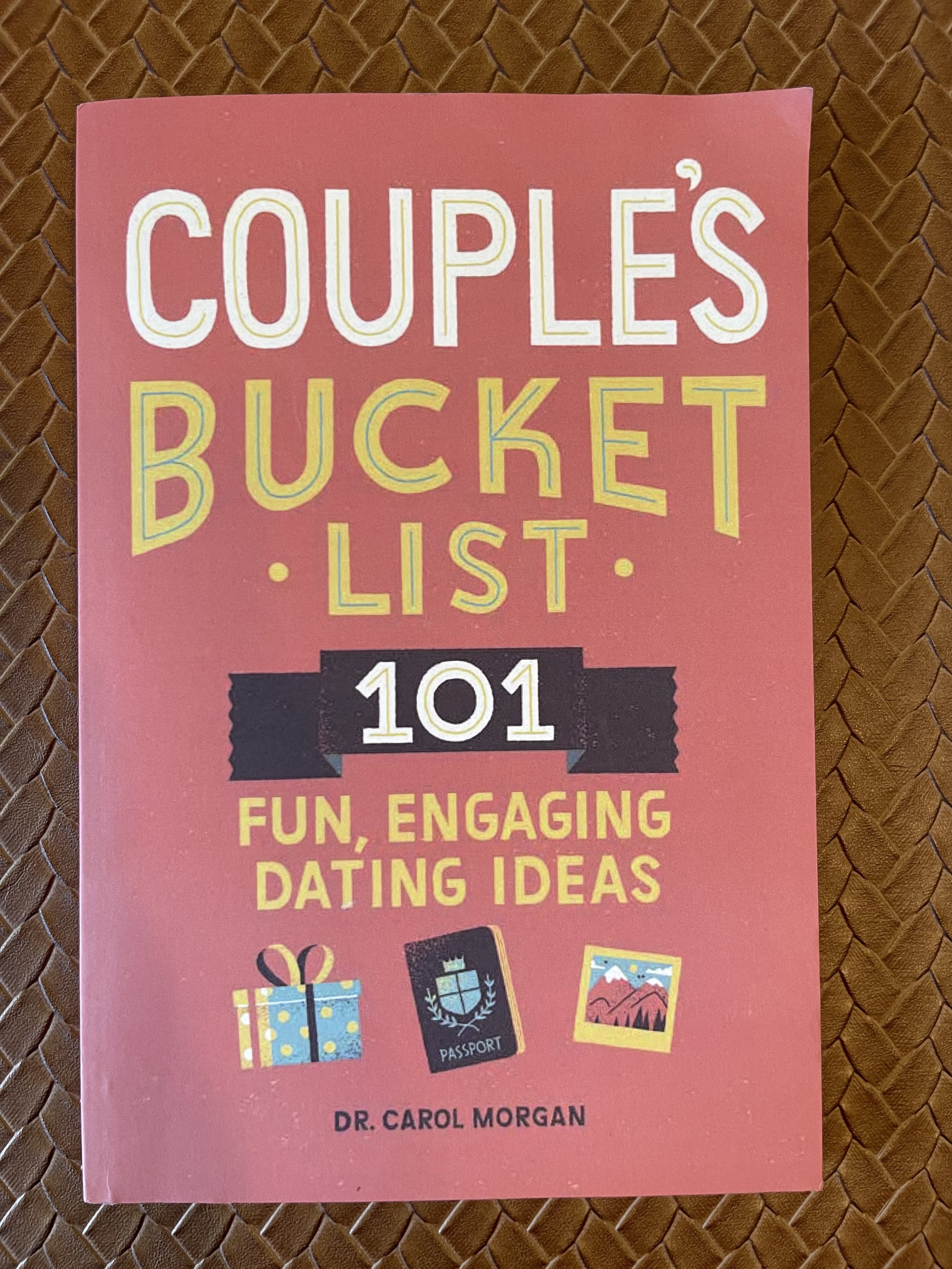The Fourth Crusade and the Sack of Constantinople by Jonathan Phillips
In April 1204, the armies of Western Christendom wrote another bloodstained chapter in the history of holy war. Two years earlier, aflame with religious zeal, the Fourth Crusade set out to free Jerusalem from the grip of Islam. But after a dramatic series of events, the crusaders turned their weapons against the Christian city of Constantinople, the heart of the Byzantine Empire and the greatest metropolis in the known world. The crusaders spared no one in their savagery: they murdered old and young, they raped women and girls - even nuns - in their frenzy. They also desecrated churches and plundered treasuries, and much of the city was put to the torch. Some contemporaries were delighted: God had approved this punishment of the effeminate, treacherous Greeks; others expressed shock and disgust at this perversion of the crusading ideal. History has judged this as the crusade that went wrong and even today the violence and brutality of the western knights provokes deep ill-feeling towards the Catholic Church.
In April 1204, the armies of Western Christendom wrote another bloodstained chapter in the history of holy war. Two years earlier, aflame with religious zeal, the Fourth Crusade set out to free Jerusalem from the grip of Islam. But after a dramatic series of events, the crusaders turned their weapons against the Christian city of Constantinople, the heart of the Byzantine Empire and the greatest metropolis in the known world. The crusaders spared no one in their savagery: they murdered old and young, they raped women and girls - even nuns - in their frenzy. They also desecrated churches and plundered treasuries, and much of the city was put to the torch. Some contemporaries were delighted: God had approved this punishment of the effeminate, treacherous Greeks; others expressed shock and disgust at this perversion of the crusading ideal. History has judged this as the crusade that went wrong and even today the violence and brutality of the western knights provokes deep ill-feeling towards the Catholic Church.
In April 1204, the armies of Western Christendom wrote another bloodstained chapter in the history of holy war. Two years earlier, aflame with religious zeal, the Fourth Crusade set out to free Jerusalem from the grip of Islam. But after a dramatic series of events, the crusaders turned their weapons against the Christian city of Constantinople, the heart of the Byzantine Empire and the greatest metropolis in the known world. The crusaders spared no one in their savagery: they murdered old and young, they raped women and girls - even nuns - in their frenzy. They also desecrated churches and plundered treasuries, and much of the city was put to the torch. Some contemporaries were delighted: God had approved this punishment of the effeminate, treacherous Greeks; others expressed shock and disgust at this perversion of the crusading ideal. History has judged this as the crusade that went wrong and even today the violence and brutality of the western knights provokes deep ill-feeling towards the Catholic Church.













